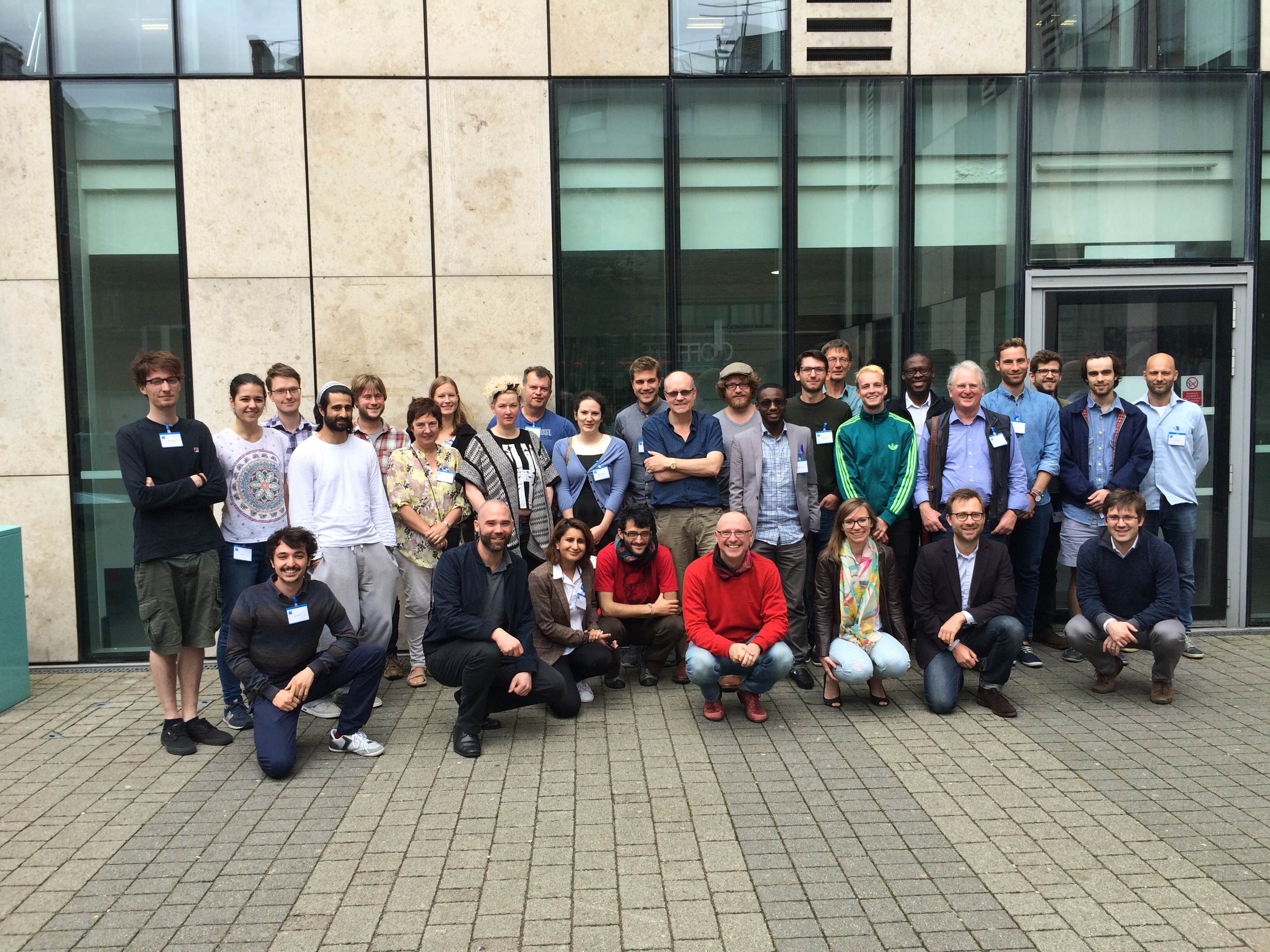John Galsworthy Building, Kingston University, Penrhyn Road, Kingston, Surrey, KT1 2EE.
Room: TBC
July 14, 2016 9 a.m. –July 16, 2016 7 p.m.
![]() Programme
Programme

The Global Financial Crisis has demonstrated the limitations of mainstream economic theory and neoliberal economic policy. This workshop will introduce two of the main alternatives to orthodoxy - Post Keynesian Economics and Marxist Political Economy.
Post Keynesian Economics has at its core the concepts of effective demand and distributional conflict: individuals face fundamental uncertainty about the future; there is a central role for `animal spirits' in the determination of investment decisions; inflation is the result of unresolved distributional conflicts; money is an endogenous creation of the private banking system; unemployment is determined by effective demand on the goods markets; financial markets are prone to periodic boom-bust cycles.
Marxist Political Economy is focused on the fundamental conflict between capital and labour on the basis of the conception of the capitalist mode of production. It characterises capitalist production as intrinsically unstable, with financial crises sometimes the prelude to, and sometimes the result of, a crisis of over-accumulation of capital. It stresses the use of mass unemployment as a key element of the `cure' for these problems. Marxist analysis looks to value form analysis to trace fundamental developments in capitalism and emphasises the role of the state in organizing the political and economic hegemony of capital.
The workshop is aimed at students of economics and social sciences. As the aim of Post Keynesian Economics and Political Economy ultimately is to provide the foundation for progressive economic policies, it may of interest for a broader audience.
PKSG has set aside a fixed sum to assist with the registration and UK travel costs of student participants at the workshop (please note this does not include the costs of travel to the UK). If you are unable to secure funding elsewhere, you are warmly encouraged to apply to Ewa Karwowski, e.karwowski@kingston.ac.uk, by email in the first instance, indicating your total UK travel expenses and the amount that you need to find from your own pocket. Applications should be made no later than 31 July 2015 and will then be considered asa group. If the requirement exceeds the fund available, the fund will be allocated pro-rata at the discretion of PKSG. If you are made an award, you will then need to present receipts before payment will be made, by bank transfer to a UK bank account, or otherwise by PayPal.
John Galsworthy Building, Kingston University, Penrhyn Road, Kingston, Surrey, KT1 2EE.
Accommodation will be in the Seething Wells Halls of Residence, Kingston University, Portsmouth Road, Surbiton, Surrey, KT6 5PJ.
The Political Economy approach highlights the role of effective demand, institutions and social conflict in economic analysis and thereby builds on Austrian, Institutionalist, Keynesian and Marxist traditions. Economic processes are perceived to be embedded in social relations that must be analysed in the context of historical considerations, power relations and social norms. As a consequence, a broad range of methodological approaches is employed, and cooperation with other disciplines, including history, law, sociology and other social sciences, is necessary.
Kingston University branch of the Rethinking Economics movement advocating pluralism in the teaching of economics. Contact: kurethinkingecon@gmail.com
Mads Jensen, Kingston University Rethinking Economics (KURE), Ewa Karwowski, Kingston University, Andreas Maschke, KURE, Jo Michell, University of the West of England, Engelbert Stockhammer, Kingston University, Rafael Wildauer (email r.wildauer@kingston.ac.uk), Kingston University